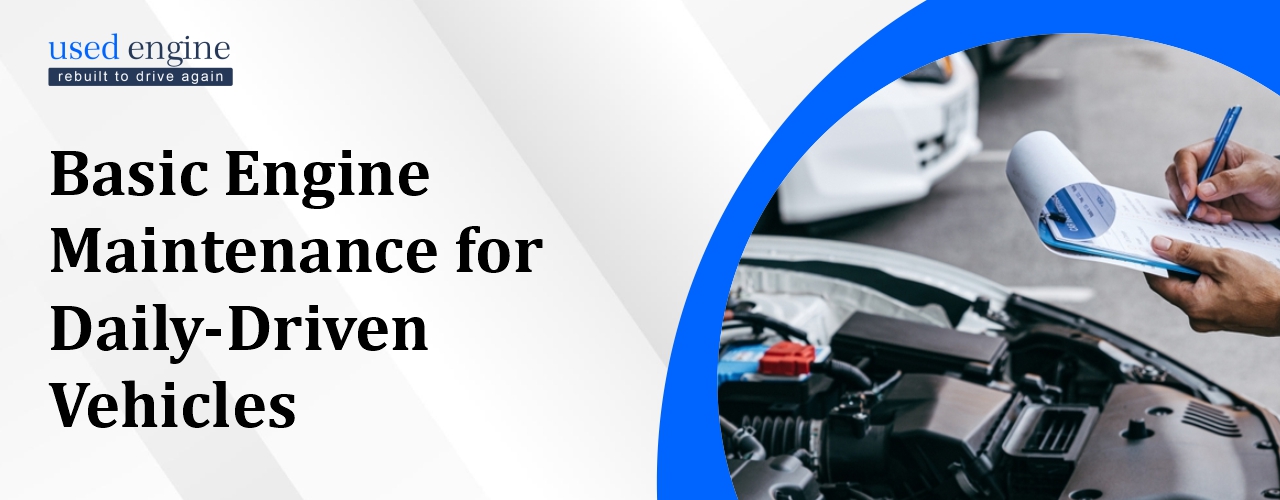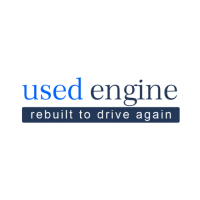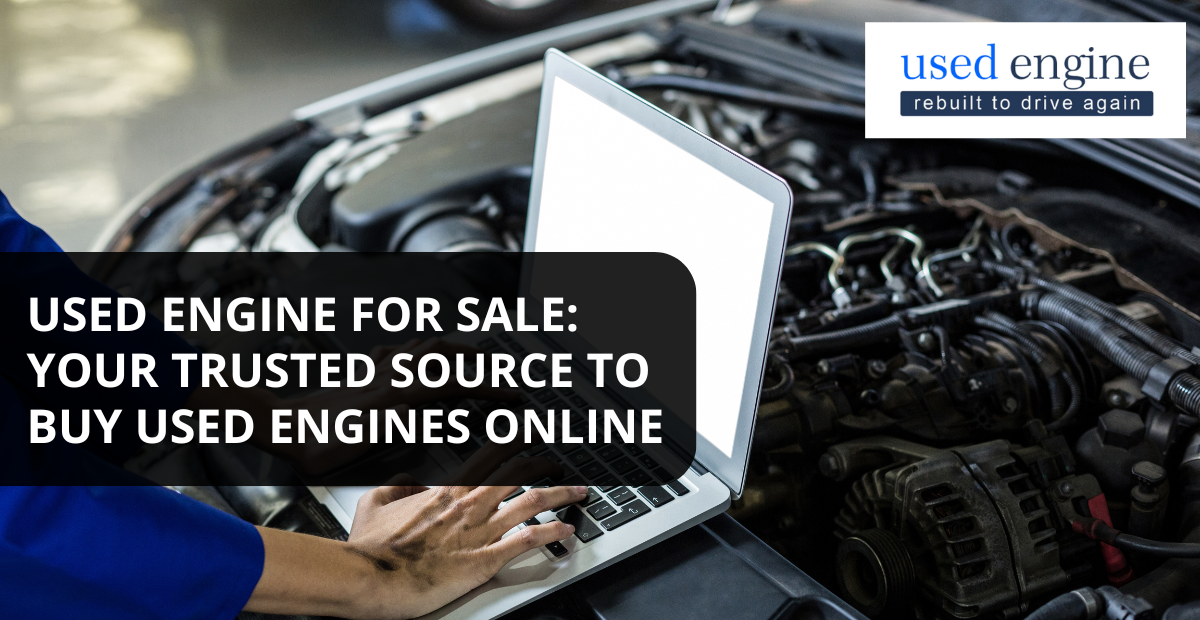Basic Engine Maintenance for Daily-Driven Vehicles

Strong 8k brings an ultra-HD IPTV experience to your living room and your pocket.
Engine maintenance is the backbone of any vehicle used daily. When your car runs five to six days a week, every small part inside the engine matters. You do not need expensive repairs every year. You need a clean, running engine that responds without delay. You also need to know when to look under the hood. Most people ignore the signs. But regular checks can prevent early wear. If you drive your vehicle every day, you need a habit. This habit must include engine checks. Otherwise, you can completely seize, and you may have to deal with a complete swap of engine.
Check Oil Levels Regularly
Oil keeps the engine cool. It also keeps the moving parts smooth. If the oil is dirty or low, the engine struggles. You should check your oil every two weeks. Make sure the oil is not thick or black. If it smells burnt, change it. Stick to the oil grade listed in your manual. Never skip your scheduled oil changes. Engine maintenance starts with clean oil. Oil filters also matter. Change them with every oil change. A clogged filter blocks oil flow. That causes heat. Heat damages parts. This is how small problems become big.
Keep an Eye on Coolant and Temperature
Coolant keeps your engine from overheating. When the coolant runs low, your engine starts to overheat. The warning light may not show up in time. You should check the coolant once a month. Do not wait for the engine to run hot. Check the radiator cap. Make sure there is no leakage. Replace old coolant before it breaks down. A dirty cooling system causes corrosion. It shortens the life of your radiator and pump. Regular coolant checks are part of engine maintenance. Do not ignore signs of heat. That is how engines fail early.
Replace Air Filters on Time
Air filters keep dirt out of your engine. Clean filters help air mix with fuel the right way. When the filter gets dirty, fuel economy drops. Acceleration slows down. You feel the drag when you press the pedal. You need to check your air filter every 10,000 miles. Replace it if it looks dark or clogged. This is a cheap part. But it does big work. Many people skip this step. That lowers power and puts stress on the engine. Good engine maintenance means clean air every day.
Inspect Belts and Hoses
Drive belts and hoses do not last forever. The belts turn the alternator and water pump. Hoses move coolant across the engine. If either of them cracks or leaks, your engine suffers. Check them every few months. Look for splits. Look for worn-out rubber. Touch them when the engine is cool. If they feel dry or brittle, replace them. Do not wait for them to snap on the road. Engine maintenance is not just fluids. It is also the rubber parts that keep everything moving.
Listen to Your Engine
Every engine has a rhythm. You hear it when it starts. You feel it when it runs. If something sounds off, do not turn up the radio. Listen to clicks. Listen to knocks. Vibrations mean something is loose or broken. Noise often points to poor engine maintenance. Catch it early and you save money. Let it go and you may need a rebuild. Trust your ears. They often notice trouble before the lights come on.
Drive Smooth and Light
How you drive affects your engine. Hard braking, fast starts, and rough turns all cause damage. If you want your engine to last, keep your speed steady. Avoid sudden revs. Warm up the engine for a minute before you take off. This gives the oil time to flow. Avoid carrying heavy loads if you do not need to. Stress on the engine means a shorter life. Engine maintenance includes how you treat your car on the road. Good habits extend engine life more than anything else.
Use Quality Parts and Fluids
Do not save money by buying cheap parts. Low-cost oil or filters break down faster. When you replace parts, use trusted brands. Use the right grade of oil. Use the right type of coolant. Wrong parts may not fit well. They also wear out early. This affects the whole engine. It can also void your warranty. Stick to quality. Even for small parts. Engine maintenance works best when you avoid shortcuts.
Create a Maintenance Routine
Make a routine that suits your driving. If you drive in dusty places, change filters more often. If you face stop-and-go traffic, check fluids more often. Set reminders. Mark dates on a paper or app. Do not guess when to change things. Keep all records. This helps if you plan to sell the car later. A proper record of engine maintenance adds value. It also keeps you on track. Habits matter more than tools. Make a plan and follow it every month.
Conclusion
Daily-driven vehicles go through more wear than weekend rides. That means engine maintenance cannot wait. You do not need expert skills to protect your engine. You just need discipline.
Just remember the basics, keep the oil clean, and watch the coolant. Replace filters and belts on time. Drive smart. Use the right parts. And listen when something feels off. This simple routine can save you thousands. This is how real maintenance works. If you still happen to be in need of a quality engine, go with a used engine. The used auto part market is huge & with plenty of options.
Only shop with trusted web stores that have strong reviews and real photos. Ask for proof when needed. Avoid shady sellers and avoid direct payments with no backup. One such quality used auto part dealer is usedengine.forsale. Visit today to know further about their stocks
Note: IndiBlogHub features both user-submitted and editorial content. We do not verify third-party contributions. Read our Disclaimer and Privacy Policyfor details.



